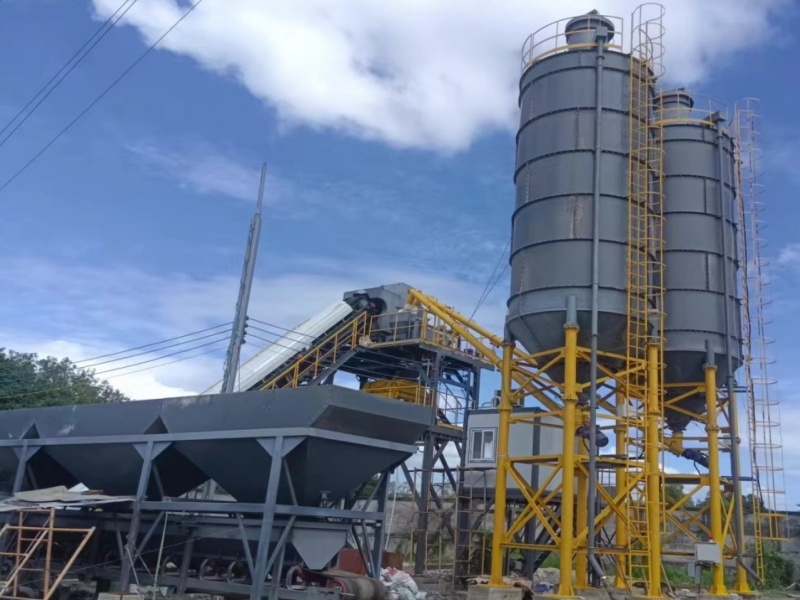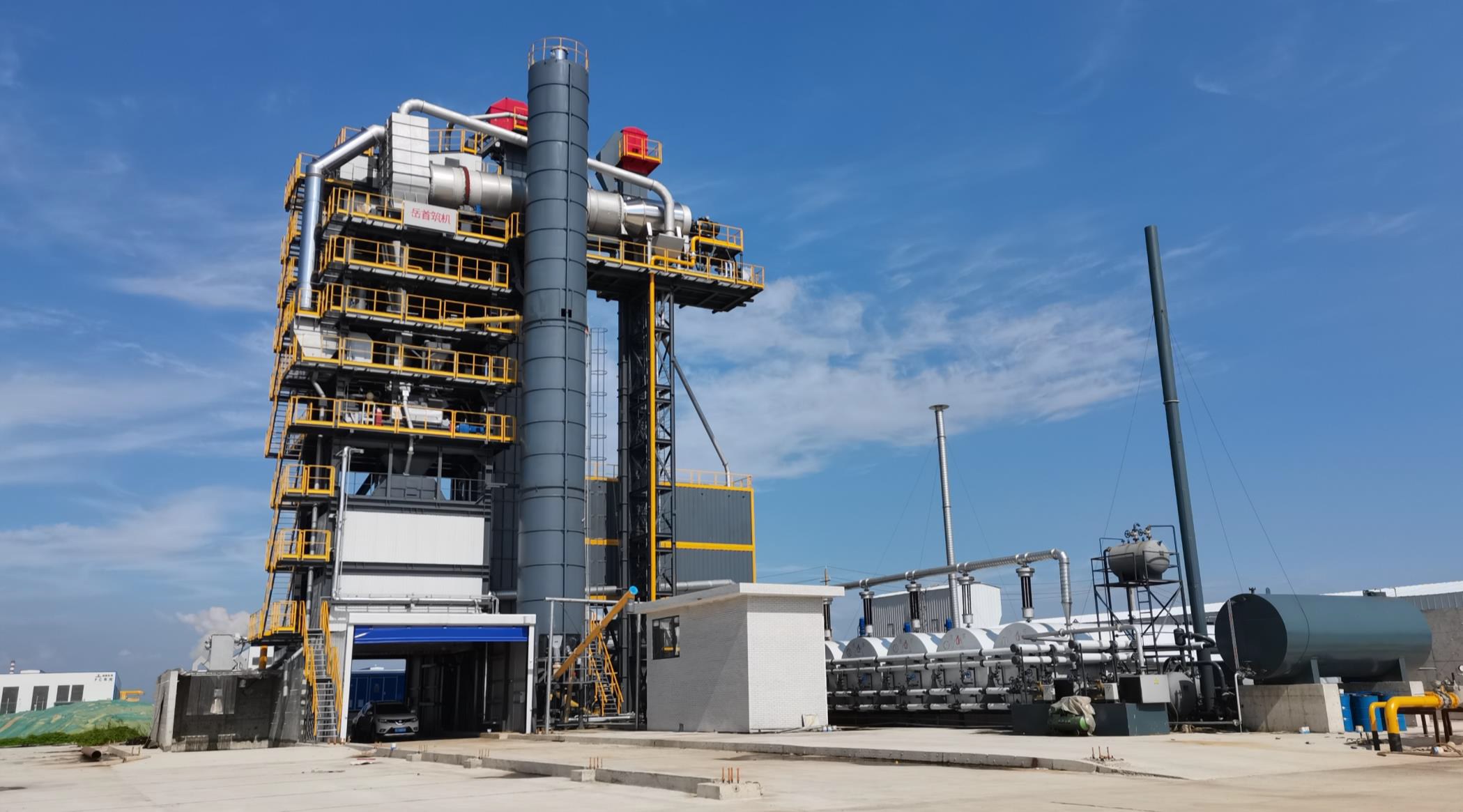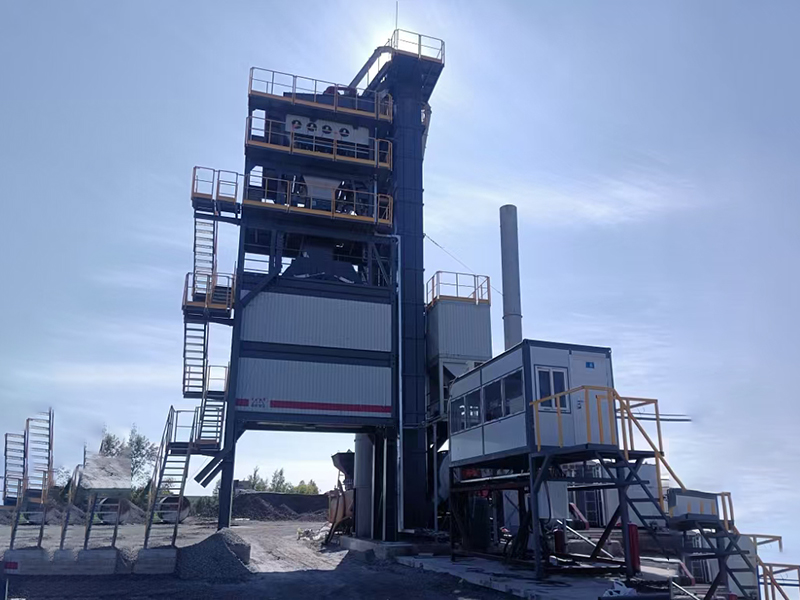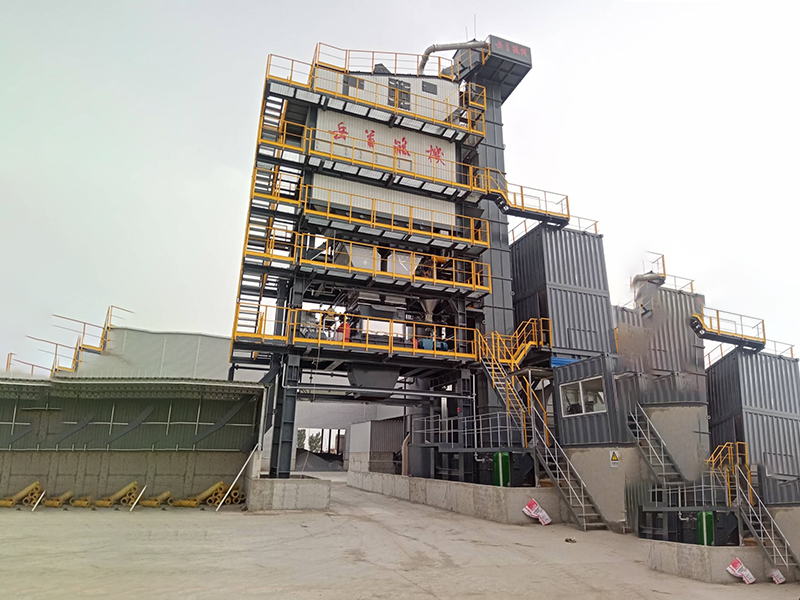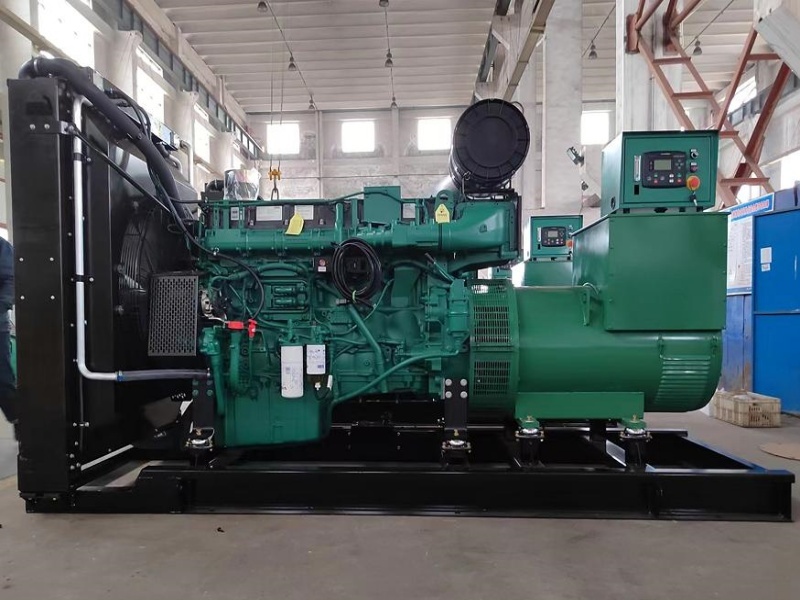CE Certification concrete plant silo
CE Certification for Concrete Plant Silos: A Comprehensive GuideThis guide provides in-depth information on obtaining CE certification for concrete plant silos, covering regulations, testing procedures, and best practices. It helps businesses understand the requirements and navigate the certification process successfully.
CE Certification for Concrete Plant Silos: A Comprehensive Guide
Ensuring the safety and quality of your CE Certification concrete plant silo is paramount. This comprehensive guide will walk you through the process of obtaining CE certification, a crucial step for manufacturers and suppliers operating within the European Economic Area (EEA). We’ll cover essential regulations, testing procedures, and best practices to help you navigate this process efficiently and effectively. Understanding CE marking requirements is vital for compliance and market access.
Understanding CE Certification Requirements
What is CE Certification?
CE marking indicates that a product conforms to all applicable European Union (EU) health, safety, and environmental protection legislation. For concrete plant silos, this involves demonstrating compliance with directives relating to machinery safety, pressure equipment, and potentially other relevant regulations depending on the specific design and features of the silo. Obtaining CE certification demonstrates a commitment to quality and safety, boosting customer confidence and market access within the EEA.
Relevant Directives and Standards
Several directives and standards govern the CE certification of concrete plant silos. These typically include but are not limited to the Machinery Directive (2006/42/EC) and possibly the Pressure Equipment Directive (2014/68/EU), depending on the silo's design and operating pressure. Specific harmonized standards, such as those published by EN, provide detailed technical requirements that must be met. It’s crucial to identify all applicable directives and standards early in the process.
The CE Certification Process
Technical File Preparation
A thorough technical file is the cornerstone of the CE certification process. This file should contain comprehensive documentation demonstrating compliance with all applicable directives and standards. This includes design calculations, risk assessments, testing reports, instructions for use, and declarations of conformity. The technical file must be readily accessible for audit purposes.
Conformity Assessment Procedure
The chosen conformity assessment procedure depends on the complexity of the concrete plant silo and the relevant directives. Options may include internal production control, quality assurance, or third-party testing and certification. Engaging a Notified Body, an independent organization designated by a member state, is often required for complex products to verify conformity. This can streamline the process and provide added assurance.
Testing and Verification
Rigorous testing is essential to demonstrate compliance. This may involve structural integrity tests, pressure tests (if applicable), and assessments of safety features. The specific tests required will vary depending on the design and application of the silo. Detailed test reports, certified by accredited laboratories, are crucial components of the technical file.
CE Marking and Declaration of Conformity
Once all requirements are met, the CE Certification concrete plant silo can be marked with the CE marking. This marking must be affixed visibly and legibly to the product. A formal Declaration of Conformity must also be issued, declaring that the product meets all applicable requirements. This document is a legally binding statement that the manufacturer takes responsibility for compliance.
Choosing a Reliable Partner
Navigating the complexities of CE certification can be challenging. Partnering with a reputable and experienced organization can significantly simplify the process. Consider factors like their expertise, accreditation, and track record when choosing a partner. A reliable partner can guide you through each step, ensuring compliance and a smooth certification journey.
For high-quality mixing equipment, including concrete plant silos, consider contacting Taian Yueshou Mixing Equipment Co.,Ltd. They are a leading provider of advanced mixing solutions, built with precision and safety in mind.
Best Practices for CE Compliance
Proactive Planning
Begin the CE certification process early in the design phase. Incorporating CE requirements from the outset can avoid costly revisions later. A well-defined plan will ensure a smooth and efficient process.
Thorough Documentation
Maintain meticulous records throughout the entire process. Detailed documentation not only facilitates certification but also helps maintain compliance over the product's lifecycle.
Regular Audits and Reviews
Regular internal audits and reviews of the production process and the technical file help ensure continued compliance and identify potential areas for improvement. This proactive approach minimizes risks and maintains the validity of the CE marking.
| Aspect | Importance for CE Certification |
|---|---|
| Technical File | Crucial for demonstrating compliance; contains all necessary documentation. |
| Testing and Verification | Essential to prove the product meets safety and performance requirements. |
| Notified Body Involvement | Often required for complex products to verify conformity. |
By following these guidelines and engaging with the appropriate resources, you can effectively navigate the CE certification process for your concrete plant silos and ensure compliance with all relevant regulations.
Disclaimer: This information is for guidance only. Always consult the relevant EU directives and standards to ensure full compliance. Specific requirements may vary based on the design and application of your concrete plant silo.
Related products
Related products
Best selling products
Best selling products-
 Slide Rail Bucket- lifting Type concrete batching plant
Slide Rail Bucket- lifting Type concrete batching plant -
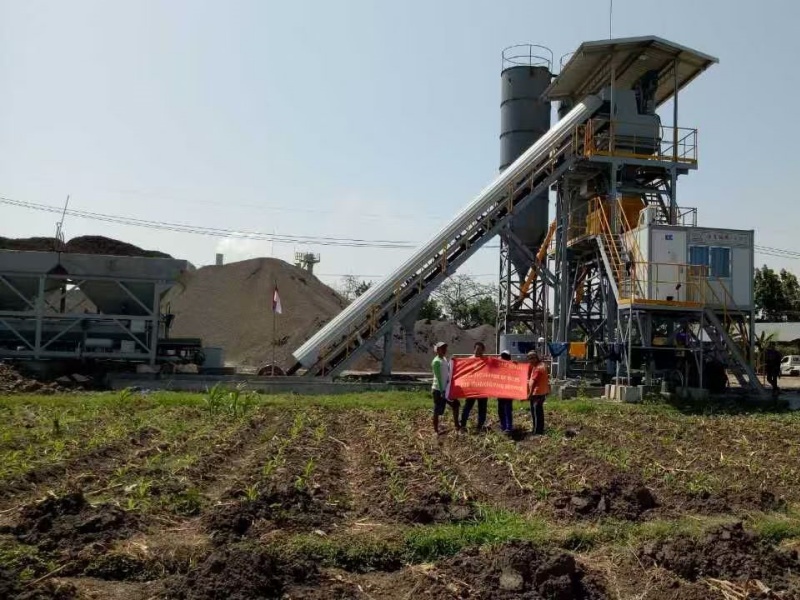 HZS75 Concrete mixing plant
HZS75 Concrete mixing plant -
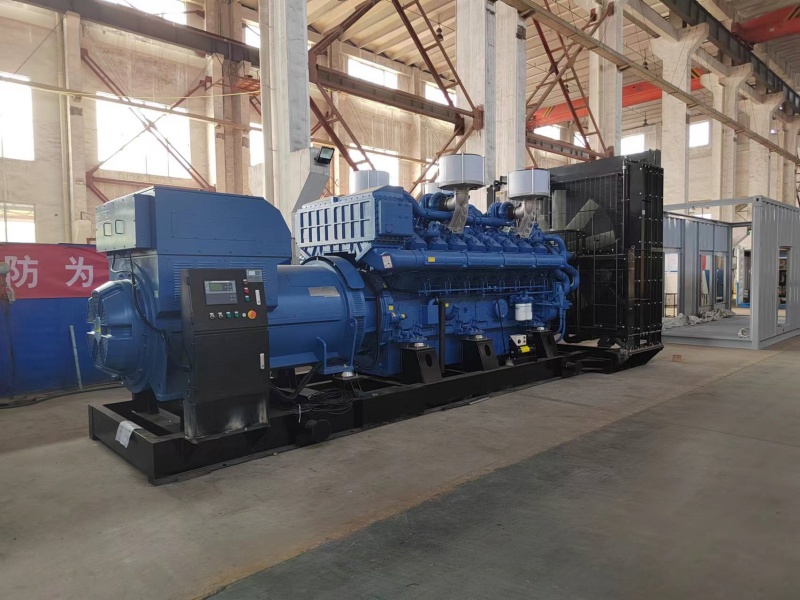 YUCHAI SERIES DIESEL GENERATOR SET
YUCHAI SERIES DIESEL GENERATOR SET -
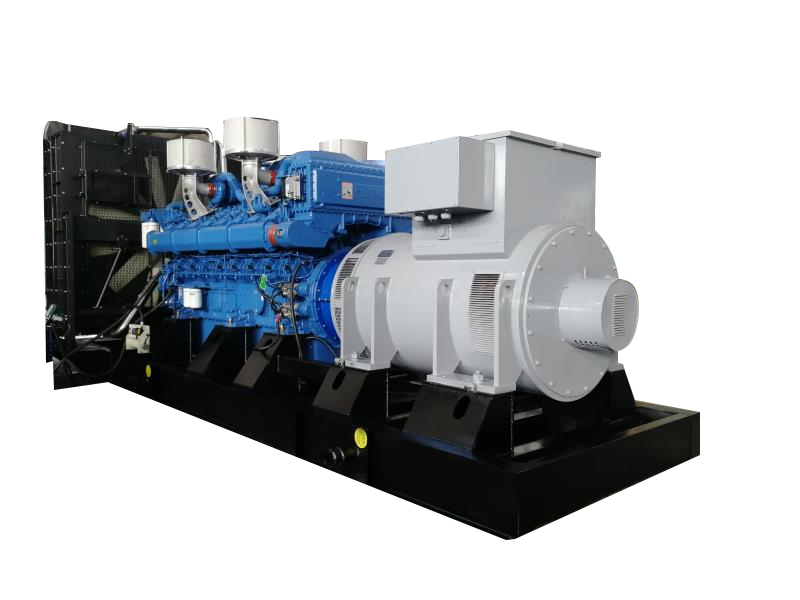 HIGH-VOLTAGE GENERATOR SETS
HIGH-VOLTAGE GENERATOR SETS -
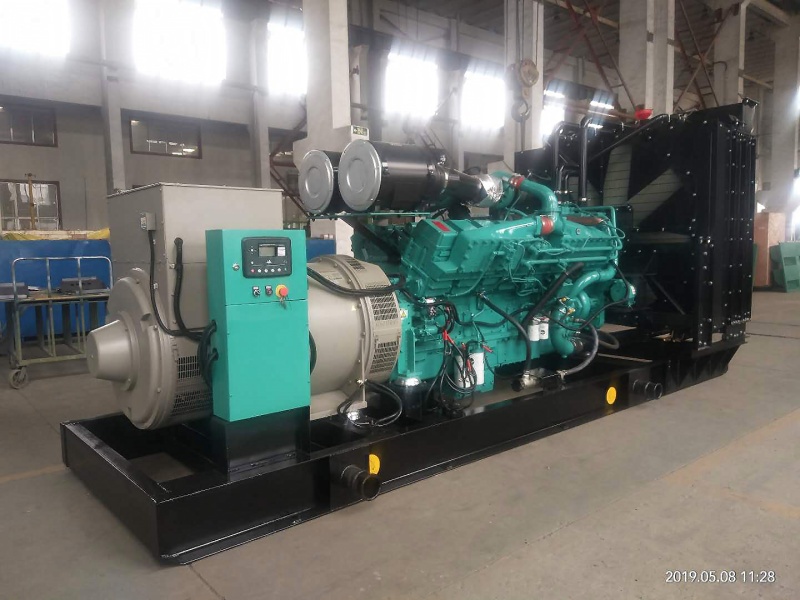 CUMMINS SERIES DIESEL GENERATOR SET
CUMMINS SERIES DIESEL GENERATOR SET -
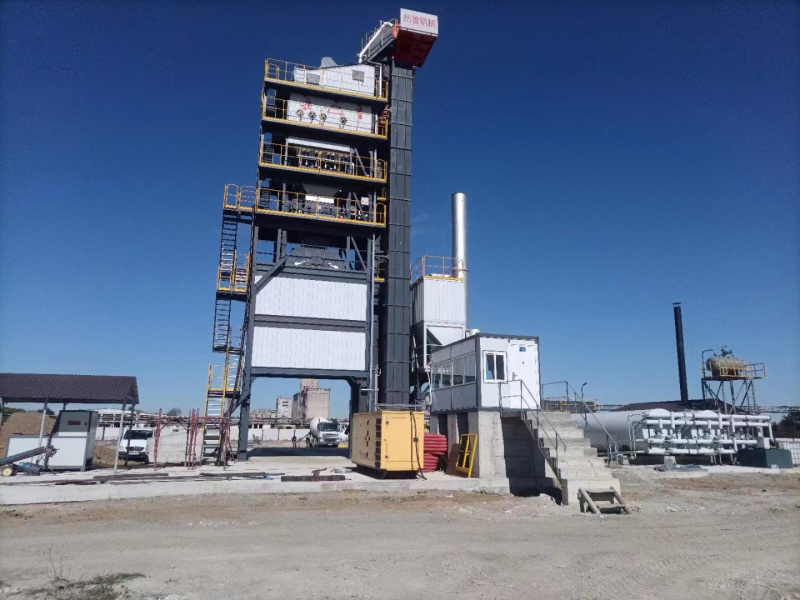 LB2500 Asphalt Mixing Plant
LB2500 Asphalt Mixing Plant -
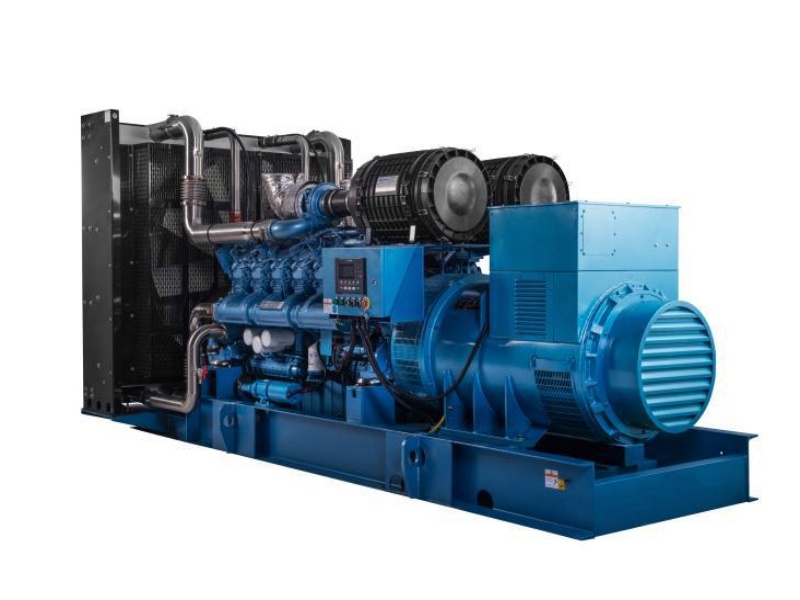 WEICHAI SERIES DIESEL GENERATOR SET
WEICHAI SERIES DIESEL GENERATOR SET -
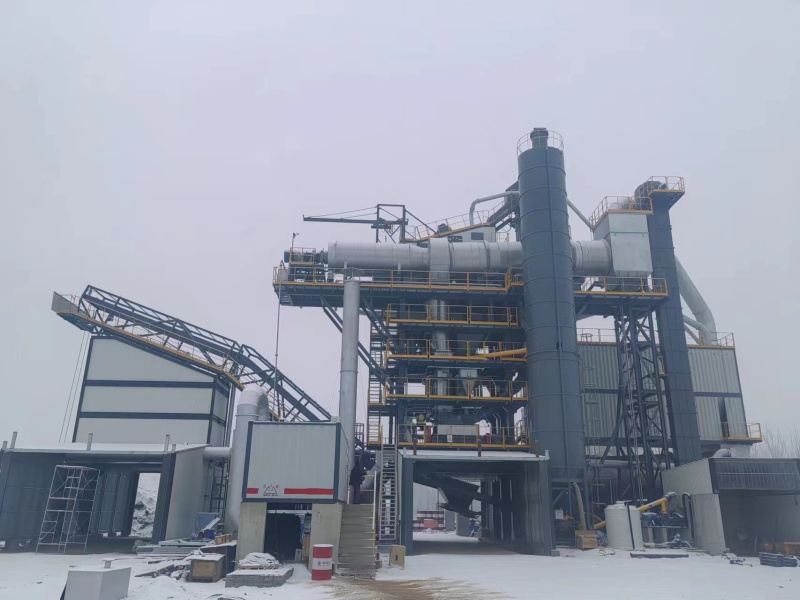 Static Batch Asphalt Mixing Plant Manufacturer
Static Batch Asphalt Mixing Plant Manufacturer -
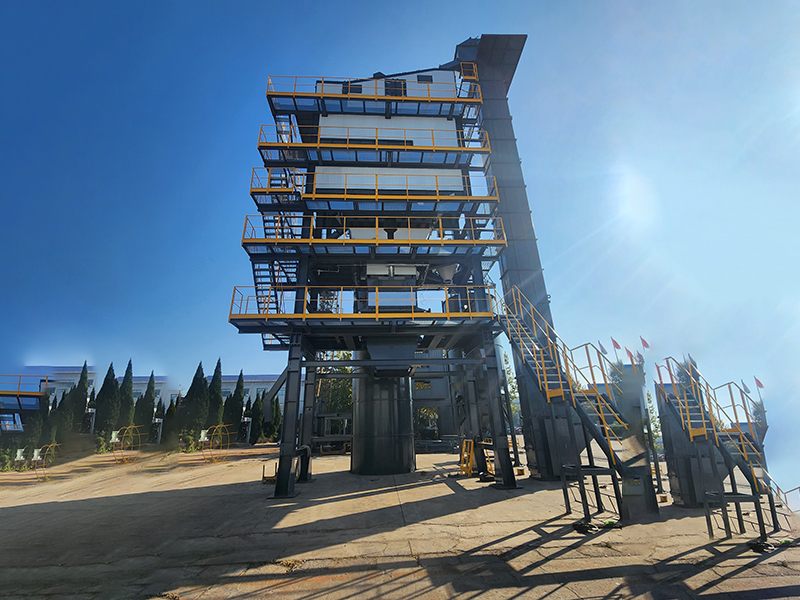 LB4000 asphalt mixing plant
LB4000 asphalt mixing plant -
 Container Type
Container Type -
 Modular Type
Modular Type -
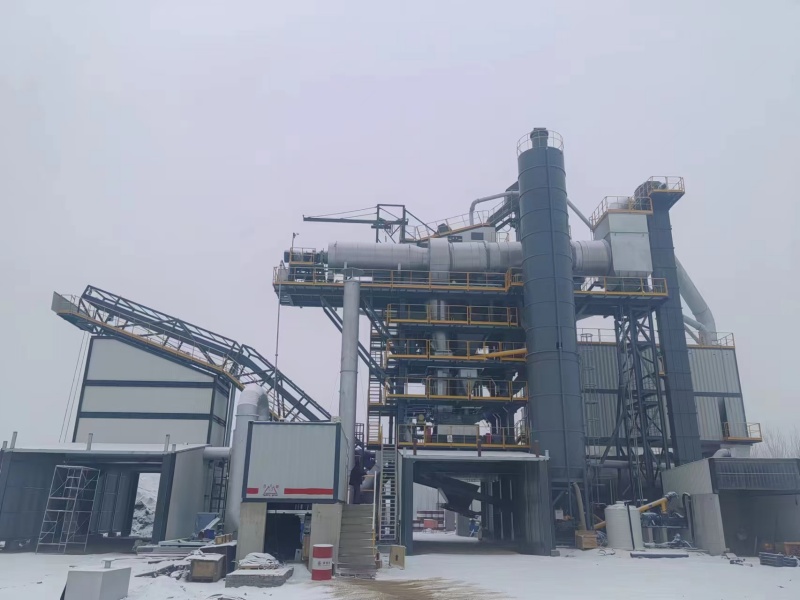 High Position Rotary Drum Type
High Position Rotary Drum Type
Related search
Related search- High-Quality king paving asphalt plant Exporter
- High-Quality aquarius concrete plant Factories
- High-Quality recycled asphalt plant Products
- Famous rieth riley asphalt plants
- Buy concrete plant
- High-Quality stationary concrete batching plant Manufacturer
- High-Quality tarmac asphalt plants Suppliers
- High-Quality brannan asphalt plant Factories
- High-Quality largest asphalt plant in the world Product
- CE Certification cemex orange concrete plant

